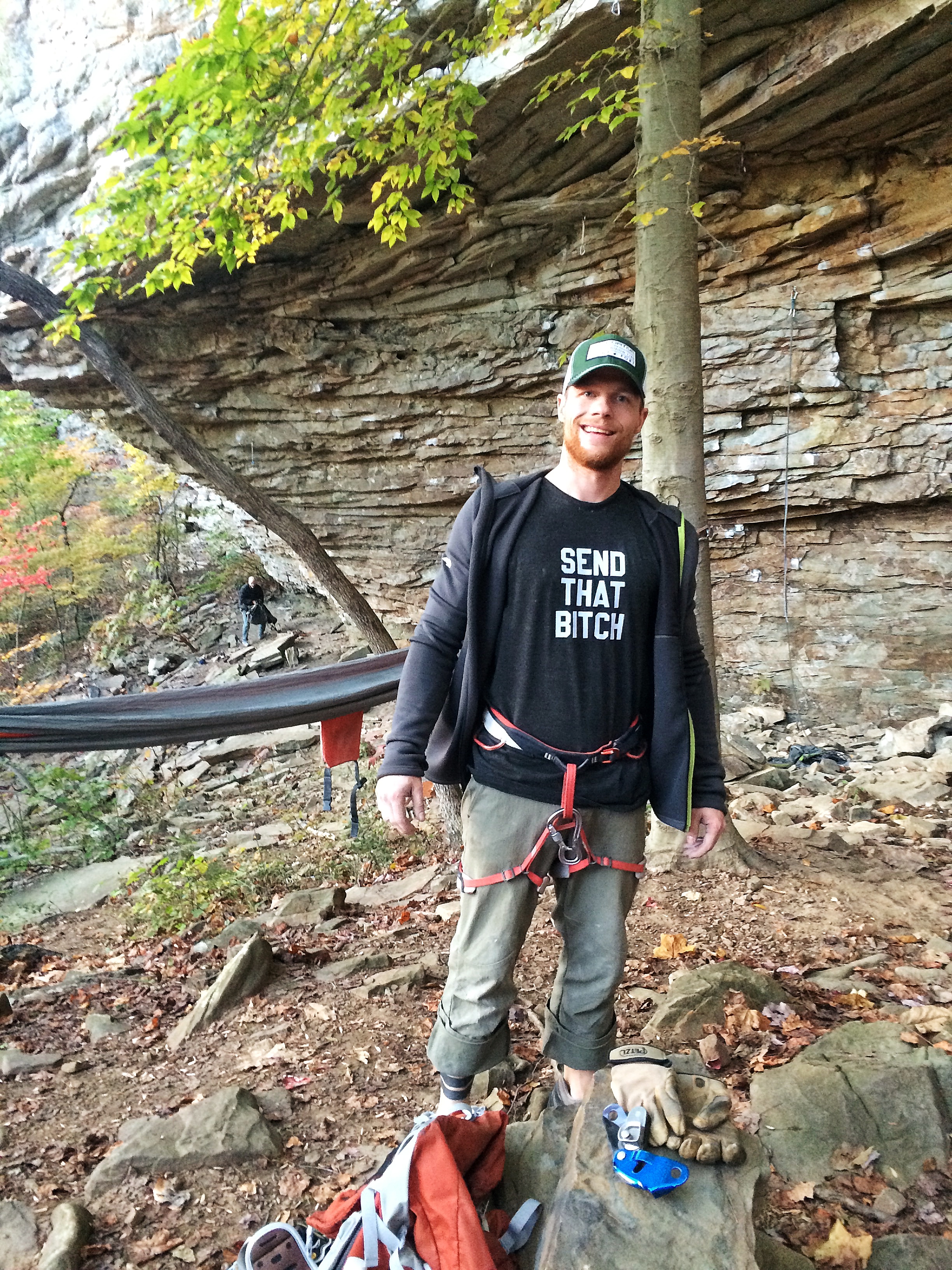- The Mountain Climber In Me..dialectical Behavioral Training Reliaslearning
- The Mountain Climber In Me..dialectical Behavioral Training Near Me
- The Mountain Climber In Me..dialectical Behavioral Training Techniques
Mountain Climber Exercise for Beginners - Duration. How to motivate yourself to change your behavior Tali Sharot. Plyometrics and Technical Drills - Kalymnos Training Combo. However, there are other ways of training for endurance, off the mountain. And as we've discussed earlier, mixing up your training can give you the edge over the guys and girls that only train one way. # 1 Mountain Climber Exercise. This exercise has nothing to do with mountain climbing but we love the name and it’s quite a functional exercise. Years of personal climbing experience, countless climber surveys, and psychological research all point to mental strength as the most influential factor in whether a climber succeeds or not. Your body might be strong and willing, but if you don’t have an equally strong and willing mind, your body has nothing to guide it. The good news is that you can train your brain just like you train your. En On Mount Everest, the world’s tallest mountain, a climber burns about 6,000 calories a day, considerably more than the average person needs. Jw2019 tl Sa Mount Everest, ang pinakamataas na bundok sa daigdig, ang isang umaakyat ay nakagagamit ng mga 6,000 kalori sa isang araw, di-hamak na mas mataas kaysa sa karaniwang kailangan ng isang tao.
The Mountain Climber In Me..dialectical Behavioral Training Reliaslearning

climber
- baging
Picture dictionary

This is a paper by Dr. Richard Fleming and Eric Hörst providing a behavioral analysis of performance climbing.
Key Points & Practical Application:
The Mountain Climber In Me..dialectical Behavioral Training Near Me
- This paper provides broad insight into the unique behaviors and skills of advanced versus beginner climbers—a must-read for climbing coaches!
- Highlights research on effective linking of complex sequences and role of reinforcement, stimulus control, and establishing operations.
- Presents how “fluency training”, practicing making moves accurately and quickly, may be an effective practice technique, especially for non-elite level climbers.
- Discusses opportunities for future research in sport climbing.
Behavior Analysis and Sport Climbing
Richard K. Fleming & Eric J. Hörst
The Mountain Climber In Me..dialectical Behavioral Training Techniques
ABSTRACT:
Rock climbing, particularly the version known as “sport climbing,” has complex response, performance and training characteristics that make it rich for behavioral analysis and intervention. The purpose of this paper is to explore the operant characteristics of sport climbing as an endeavor in its own right, but also to illustrate the potential for behavior analysis to contribute to sport psychology in general. Accordingly we will: (a) describe sport climbing, emphasizing its behavioral demands and consensus training procedures, (b) review conventional climbing literature (e.g., training books) and research on variables affecting performance in sport climbing, and (c) describe, with supportive data, how behavioral principles and procedures could be applied conceptually to sport climbing, and (d) to suggest opportunities for operant research and practice. (PsycINFO Database Record (c) 2014 APA, all rights reserved)
